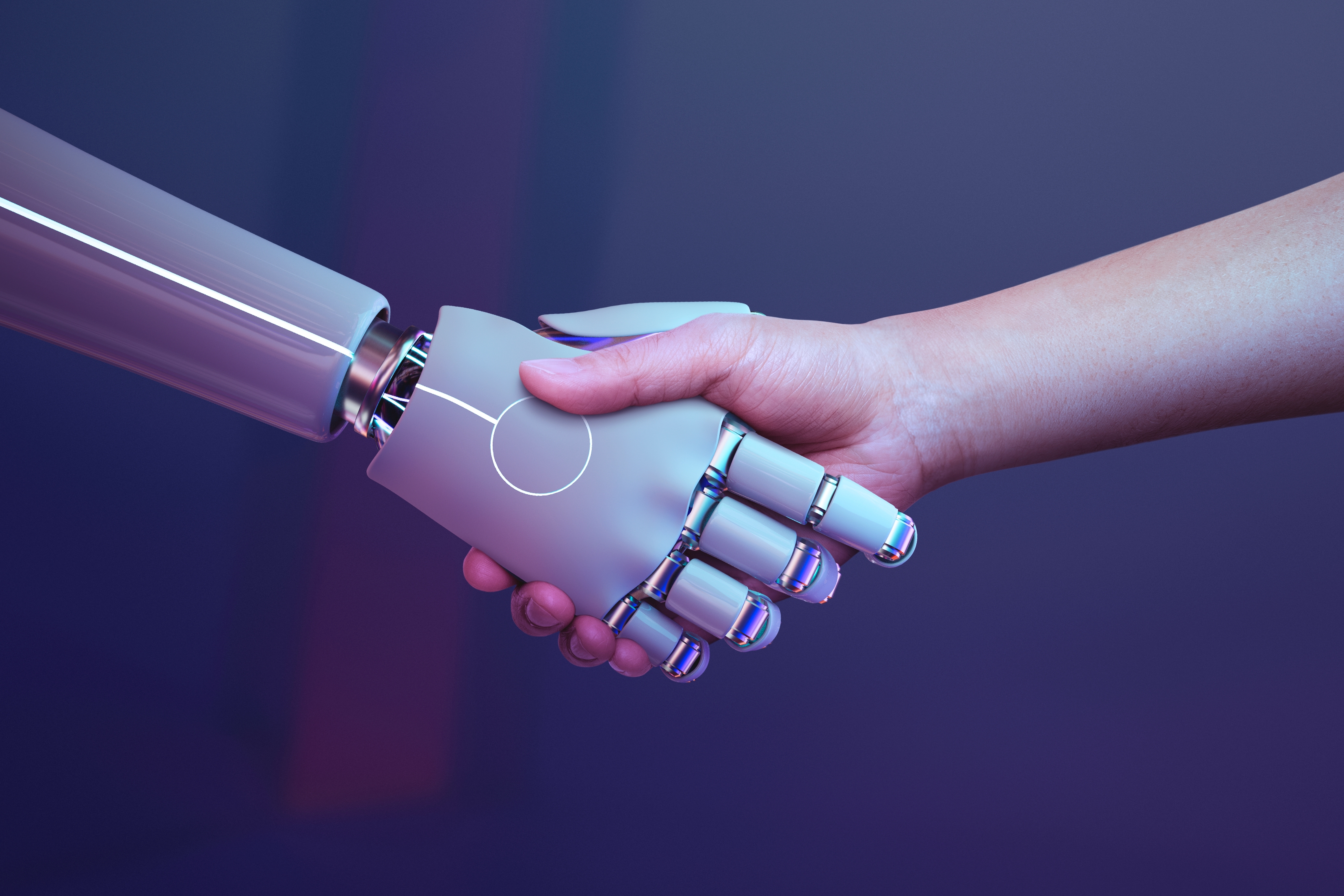Artificial intelligence (AI) is revolutionizing various sectors, and retail is no exception. AI-powered bots are transforming how businesses interact with customers, manage operations, and optimize sales. This article explores the diverse applications of AI bots in retail, their benefits, challenges, and future trends.
The Rise of AI-Powered Bots in Retail
AI-powered bots have become an integral part of the retail industry due to advancements in machine learning, natural language processing, and data analytics. These bots are designed to automate tasks, enhance customer experiences, and streamline operations. As consumer expectations continue to evolve, retailers are increasingly adopting AI solutions to remain competitive.
Key Applications of AI Bots in Retail
- Customer Service and Support
- Chatbots: AI chatbots are used to provide 24/7 customer support, answering frequently asked questions, and assisting with inquiries. They can handle multiple customer interactions simultaneously, reducing wait times and improving service efficiency.
- Personalized Recommendations: By analyzing customer data and browsing history, AI bots can offer personalized product recommendations. This enhances the shopping experience and increases the likelihood of conversions.
- Inventory Management
- Demand Forecasting: AI bots analyze historical sales data, market trends, and external factors to predict future demand. This helps retailers optimize inventory levels, reduce stockouts, and minimize excess inventory.
- Automated Restocking: AI systems can automatically reorder products when inventory levels fall below a certain threshold, ensuring that popular items are always in stock.
- Pricing Optimization
- Dynamic Pricing: AI bots monitor competitor prices, market conditions, and customer demand to adjust prices in real time. This allows retailers to remain competitive while maximizing profits.
- Promotional Strategies: AI can identify the most effective promotional strategies by analyzing customer behavior and past campaign performance. Retailers can tailor promotions to target specific customer segments.
- Enhanced Shopping Experience
- Virtual Assistants: AI-powered virtual assistants help customers navigate websites, find products, and complete purchases. They can also assist with product comparisons and reviews.
- Voice-Activated Shopping: With the rise of smart speakers and voice assistants, AI bots enable voice-activated shopping, allowing customers to make purchases using voice commands.
- Fraud Detection and Prevention
- Transaction Monitoring: AI bots analyze transaction patterns to detect fraudulent activities in real time. They can flag suspicious transactions for further investigation, reducing the risk of financial loss.
- Identity Verification: AI systems can verify customer identities through facial recognition, voice authentication, and other biometric methods, enhancing security and reducing fraud.
Benefits of AI-Powered Bots in Retail
- Improved Efficiency: AI bots automate repetitive tasks, freeing up employees to focus on more strategic activities. This leads to increased productivity and operational efficiency.
- Cost Savings: By automating processes such as customer support, inventory management, and pricing optimization, retailers can reduce labor costs and operational expenses.
- Enhanced Customer Experience: AI-powered bots provide personalized and timely assistance, improving customer satisfaction and loyalty. They also enable retailers to offer a seamless shopping experience across multiple channels.
- Data-Driven Insights: AI bots collect and analyze vast amounts of data, providing retailers with valuable insights into customer behavior, market trends, and operational performance. This data-driven approach enables better decision-making.
Challenges and Considerations
While AI-powered bots offer numerous benefits, retailers must also address certain challenges:
- Privacy and Security: Handling customer data requires robust security measures to protect against data breaches and ensure compliance with privacy regulations.
- Integration: Implementing AI solutions requires integration with existing systems and processes. Retailers must ensure that AI bots seamlessly integrate with their infrastructure.
- Customer Trust: Building trust with customers is crucial, especially when using AI for personalized recommendations and data analysis. Retailers must be transparent about data usage and prioritize customer privacy.
- Skill Gap: The adoption of AI technologies necessitates a skilled workforce capable of managing and maintaining AI systems. Retailers may need to invest in training and upskilling employees.
Future Trends in AI-Powered Retail
The future of AI in retail is promising, with several trends expected to shape the industry:
- Augmented Reality (AR) and Virtual Reality (VR): AI-powered AR and VR applications will enhance the shopping experience by allowing customers to visualize products in real-world settings before purchasing.
- AI-Driven Personalization: AI will continue to advance in delivering hyper-personalized experiences by analyzing customer data in real time and adapting to individual preferences.
- Robotics and Automation: AI-powered robots will play a significant role in automating tasks such as warehouse management, order fulfillment, and in-store assistance.
- Voice Commerce: The rise of voice-activated devices will drive the growth of voice commerce, with AI bots enabling seamless voice interactions for shopping.
- Sustainability and Ethical AI: Retailers will focus on using AI to drive sustainability initiatives, such as optimizing supply chains and reducing waste. Ethical AI practices will become a priority to ensure fairness and transparency.
Conclusion
AI-powered bots are reshaping the retail landscape by improving customer experiences, optimizing operations, and driving growth. As technology continues to evolve, retailers must embrace AI solutions to stay competitive and meet the demands of the modern consumer. By addressing challenges and leveraging future trends, retailers can unlock the full potential of AI in the retail industry.

